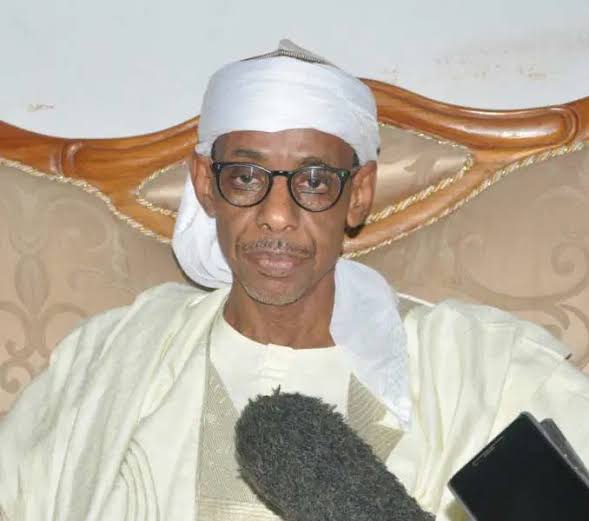
Baba-Ahmed’s activism is less about justice, policy, or principle and more about the individuals in power at Aso Rock. During the Buhari administration, he was virtually absent, even as mass graves became a grim reality in northern Nigeria. However, his demeanor has changed dramatically; he now rises each day filled with anger, composing lengthy tweets and participating in interviews as if he is the savior of Nigeria.
He criticized Tinubu’s student loan initiative, claiming it would hinder educational access. Yet, where was his concern when the education system in the North was deteriorating under Buhari? Where was his passionate commentary during the mass abductions of children from schools in the North? His outrage appears to be more performative than genuine—it is also tribal in nature.
Baba-Ahmed exhibits a persistent bias against southern leaders: any positive action taken by them is portrayed as malevolent. If Tinubu were to announce a program providing free meals for children, Baba-Ahmed would question why the food wasn’t sourced from Kano.
This behavior does not reflect true statesmanship; rather, it is bitterness masquerading as patriotism. He advocates for the people only when it aligns with his agenda, while remaining silent—an overwhelming and deadly silence—at other times.



